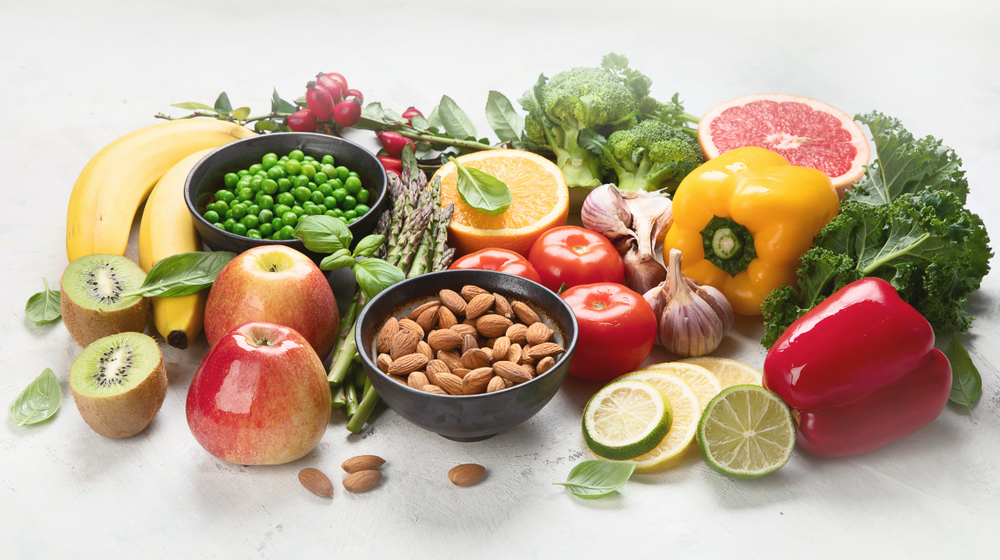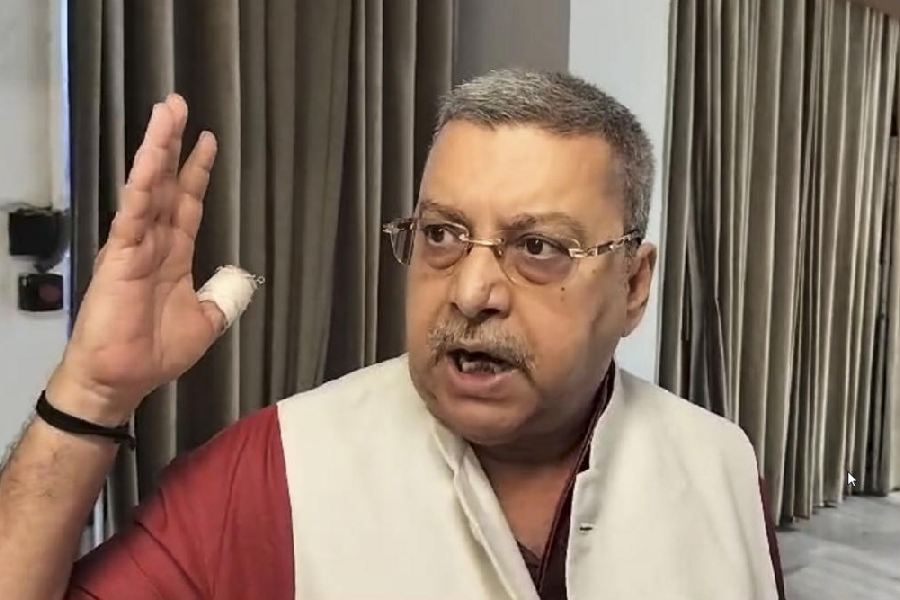The present coronavirus pandemic has some mood-elevating statistics. Not every infected person shows symptoms and dies — 25 per cent have no symptoms at all, 80 per cent recover completely without aggressive treatment with hospitalisation or ventilators. They require only supportive treatment such as hydration, paracetamol and cough suppressants.
Immunity plays a vital role in determining survival. Fatalities are more in those with immunity compromising factors such as age, diabetes, cancer or are on and immunosuppressant medication.
Infectious diseases are caused by organisms such as viruses and bacteria. They enter the host, make them sick and incapacitated and jump elsewhere. They are like an invading army. If they discover that the majority of the population is resistant to the disease, they fail to get a foothold. Their survival is at stake. They then search for a susceptible person or mutate and change their genetic makeup to become stronger. Finally, it is survival of the fittest, either the host or the invading organism.
The human body can fight disease. This ability starts in the womb itself, as immunoglobulins are passed from the mother to the baby via the placenta. The level of this immunity and the organisms it provides resistance against depends on the diseases that the mother had contracted earlier in life, or received immunisation for. Immunoglobulins are also transferred via breast milk. Passive immunity starts to decrease in the first few months after birth.
Active immunity occurs in the body naturally in response to a contracted infection or immunisation. The memory of the organism remains in the body for many years, and sometimes for life. At present, active immunisation is available against 14 diseases and more vaccines are in the pipeline such as those for HIV, dengue, malaria and now the novel Coronavirus.
Herd immunity develops when many people are immune to a disease. They either developed a mild form of the disease or were immunised against it. The disease stops spreading because there just aren’t enough people susceptible to it.
As age increases, the ability to fight disease decreases. The cells responsible for active immunity become less robust and efficient. People over 65 often respond poorly to immunisation. Flu and pneumonia may be fatal in this age. It is important to immunise seniors annually against flu and for them to receive a dose of pneumococcal vaccine after the age of 65 years.
A healthy lifestyle provides innate defences against new and old diseases. Regular exercise increases heart rate and circulation, pumping blood through dilated vessels to remove disease-causing organisms and supply an army of WBC and immunoglobulins to all parts of the body.
Maintaining a healthy BMI (weight divided by height in meter squared) of 23-25 means we are less prone to immunity suppressing lifestyle diseases such as diabetes and cancer. Alcohol and tobacco contain chemicals that destroy our body. Vaping is a faster and more direct poison. These are best avoided.
A balanced diet is important. It should contain 4-6 helpings of fruits and vegetables and 10 nuts. This provides antioxidants and micronutrients.
Potent immunity-boosting foods are curry leaves, papaya, broccoli, spinach, capsicum, citrus fruits and spices such as garlic, ginger, pepper and turmeric. Green tea has natural antioxidants. Probiotics fight infection and protect the intestines. They are naturally present in curd.
Naturopathy advocates the restricted intake of various leaves such as neem, mint and tulsi to be consumed regularly in small quantities after the age of 18 years.
The pharma industry has tried to extract and package immunity-boosting micronutrients into overpriced capsules and supplements. We do not know how much of the active ingredient is destroyed in the manufacturing process, nor is the requirement of the various ingredients scientifically calculated.
Why not try “the real thing” instead?
The writer is a paediatrician with a family practice at Vellore and the author of Staying Healthy in Modern India. If you have any questions on health issues, please write to yourhealthgm@yahoo.co.in











